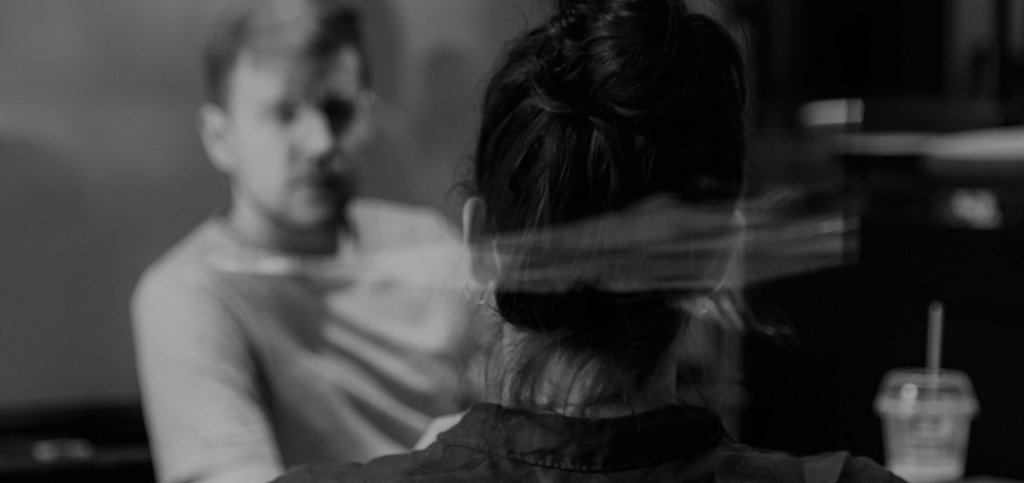
It’s important to note that the term ‘psychologist’ is not actually a protected title. So, anyone can technically call themselves a psychologist. If someone claims to be a psychologist, then the question to ask is, what kind of psychologist are they, and perhaps more importantly, what qualifications do they have.
Undergraduate degrees may be undertaken as either a Bachelor of Science or of Arts. Completing an undergraduate degree in psychology gives a good basic introduction to a wide range of psychological theories and applications, but not necessarily expertise in any one area.
The British Psychological Society describes psychology as:
‘the scientific study of the mind and how it dictates and influences our behaviour, from communication and memory to thought and emotion. It’s about understanding what makes people tick and how this understanding can help us address many of the problems and issues in society today.’
There are many areas of both theory and application within psychology; health, educational, forensic, counselling, occupational, clinical, sports and exercise, and neuro. Becoming qualified in one of these fields requires post-graduate study.
In the example of Clinical Psychology; the current route for training is a 3 year doctoral degree (after the undergraduate degree) which involves both university teaching days and days on placement with the NHS. In order for someone to call themselves a Clinical Psychologist, they must have completed an approved training course, and be registered with the Health and Care Professions Council (HCPC).
The HCPC regulates all applied psychologists within the areas above. The below are protected titles, which means people can only use them if they have completed an approved training course and complete ongoing appropriate Continuing Professional Development.
- Practitioner psychologist
- Registered psychologist
- Clinical psychologist
- Forensic psychologist
- Counselling psychologist
- Health psychologist
- Educational psychologist
- Occupational psychologist
- Sport and exercise psychologist
Any other titles, such as Media Psychologist, Celebrity Psychologist or TV Psychologist, such as are often seen in the media, say nothing about the qualifications or expertise of the individual. Understandably this is often misunderstood by the public. As a Clinical Psychologist it concerns me that people may put their trust in, or even pay for services delivered by, unqualified people. In addition it is concerning that the reputation or credibility of the profession may be damaged by unqualified people providing a poor service.
It is a very confusing area, however, probably the most important thing to remember is if you are considering working with a psychologist in any of the fields above check that they are registered with the HCPC on www.hcpc-uk.org
Please follow the links to find out more about about our therapists and the types of therapy services we offer. We have practices in Hove and Lewes. Online therapy is also available.
